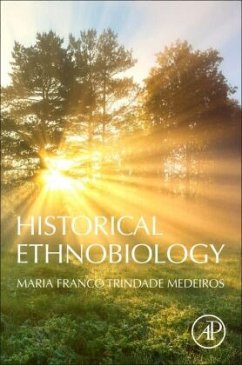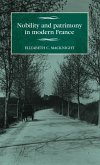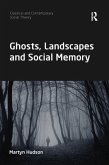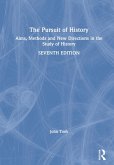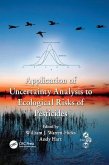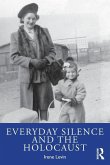Historical Ethnobiology presents a unique approach to analyzing human-nature interactions, using theoretical and methodological aspects to examine historical scientific knowledge. This book disseminates the notion that past local narratives of biodiversity influence the determination of both historical and modern scientific decisions.
Beginning with a brief history of ethnobiology's development, this book delves into conceptual models, historical knowledge areas, and the theoretical matrix of ethnobiology. This book also focuses on the importance of memory including topics of memory production by human in different epochs and how individual memory records contribute to social history and the understanding of the past effects of human interaction with nature. Looking ahead, it discusses the importance of records such as these for determining future mankind's relationships with nature to preserve biodiversity and ensure conservation.
Historical Ethnobiology isthe first book to focus on past human-nature interactions and their interpretations in today's scientific culture. This book is an excellent resource for students and researchers in biology, ethnobiology, and anthropology.
Beginning with a brief history of ethnobiology's development, this book delves into conceptual models, historical knowledge areas, and the theoretical matrix of ethnobiology. This book also focuses on the importance of memory including topics of memory production by human in different epochs and how individual memory records contribute to social history and the understanding of the past effects of human interaction with nature. Looking ahead, it discusses the importance of records such as these for determining future mankind's relationships with nature to preserve biodiversity and ensure conservation.
Historical Ethnobiology isthe first book to focus on past human-nature interactions and their interpretations in today's scientific culture. This book is an excellent resource for students and researchers in biology, ethnobiology, and anthropology.

